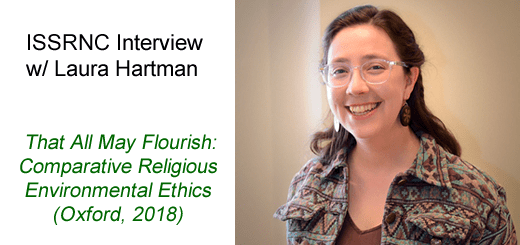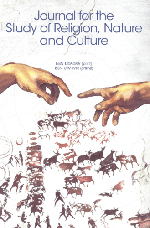Mary Evelyn Tucker on Ecological Civilization and Modernity in China
We are pleased to share this article from long-time religion and ecology friend and scholar Mary Evelyn Tucker, who is based at the Yale School of Forestry & Environmental Studies. In her latest article, The Challenge of Creating ‘Ecological Civilization’ in China, Professor Tucker reflects on her recent participation in the Songshan Forum and the challenges of environmental progress in China. Here is an excerpt from her piece:
The plane arrived in one of the world’s most polluted cities, Zhengzhou, in western China. My husband, John Grim, and I were here for the Songshan Forum focused broadly on “Ecological Civilization” held in mid-September in Dengfeng. This is in Henan, a province of some 94 million people. If Henan were a nation-state it would be the world’s 12th-largest economy. China’s rapid modernization in a few short decades — on a scale unfathomable to most Americans — has resulted in staggering environmental problems, which are evident here.
Henan is in the midst of a severe drought, as are many parts of China. We saw the burnt-out crops of corn and wheat. The local river, now channeled into concrete basins, has dried up from a lack of runoff from the surrounding mountains. We feel the air thick with smog and particulate matter. At times it is hard to breathe. It is now obvious that the price to pay for modernization is indeed high in China.
The air, water, and soil are polluted. Food is tainted with pesticides. Water for drinking or irrigation is diminishing. Infant formula has been contaminated and children have died. Families are trying to buy safe formula from abroad. The health of the Chinese people is being severely compromised. Everything about contemporary China invites rethinking “economic progress” and reimagining appropriate limits to growth.
What happens when more than a billion people seek the fruits of modernity — electricity, cars, refrigerators, television, cell phones? Sustainability and equity, along with food and water, are challenged on a vast, indeed planetary scale. China’s resource demands are depleting forests and fisheries, along with oil and coal, around the world. China is drawing on sources across North America, including the tar sands in Canada. Even more will be extracted there if the proposed Keystone pipeline is built through the U.S.
You can read the entire article at the Yale School of Forestry and Environmental Studies here.
Learn more about Mary Evelyn Tucker and the work of the Yale Forum on Religion and Ecology (FORE) here.












